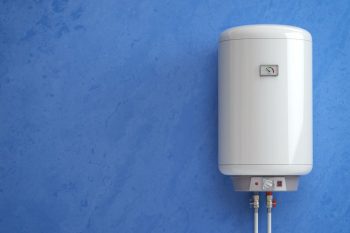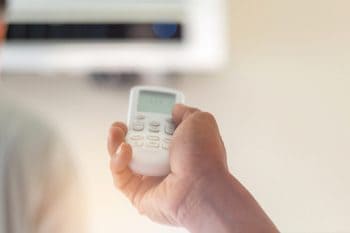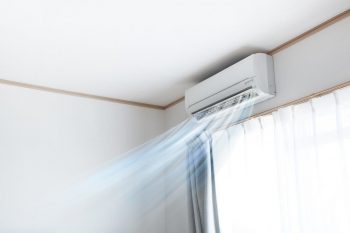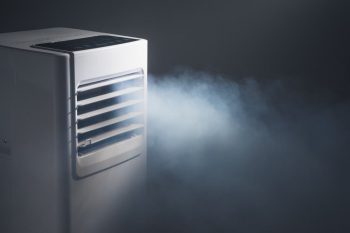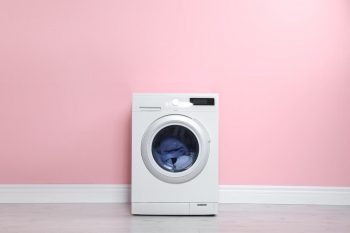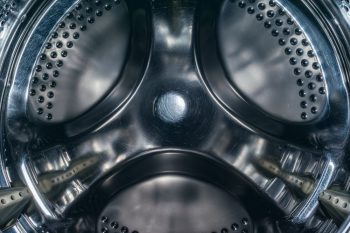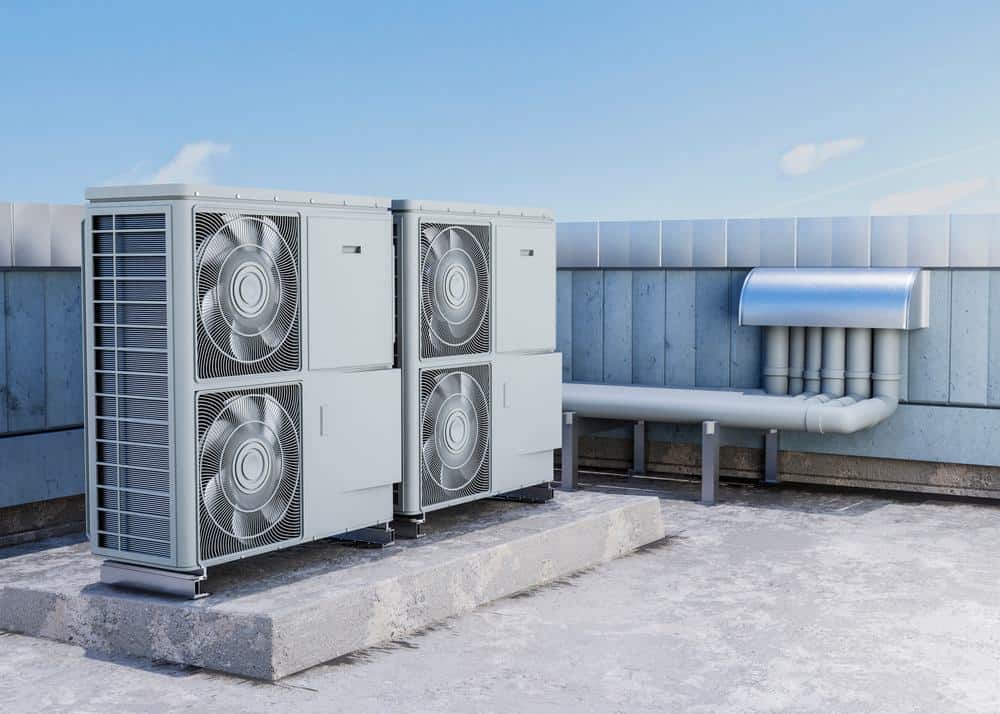
In the midst of summer heat, a new air conditioner can make all the difference in your home’s comfort. However, the upfront cost of purchasing and installing a new air conditioner can be daunting. If you’re in need of a new AC but are concerned about the costs, don’t fret. This comprehensive guide will walk you through various financing options available for air conditioning systems.
Financing an air conditioner can be done through various options such as personal loans, home equity loans or lines of credit, contractor or retailer financing, credit cards, government assistance, no-credit-needed financing, special financing offers, and programs for energy-efficient units. Factors like interest rates, loan terms, credit score, and overall costs should be considered while choosing a financing plan. Even with bad credit, options like lease-purchase programs, no credit check financing, and rent-to-own programs are available.
Understanding the Costs
Before diving into financing options, it’s essential to understand the costs associated with purchasing a new air conditioning unit. Factors such as the type, size, brand, and efficiency rating of the unit can significantly impact the cost. On average, a central air conditioner costs between $3,800 and $7,500. Installation costs are separate and can range from $1,500 to $2,500 or more, depending on factors such as existing ductwork and the size of your home.
Financing Options
Personal Loans
One of the most common ways to finance an air conditioner is through a personal loan. Banks, credit unions, or online lenders like SoFi, LightStream, and LendingPoint often offer personal loans specifically for HVAC financing. These loans often have lower interest rates than credit cards and can be easier to qualify for than home equity loans.
Home Equity Loans or Lines of Credit
Home equity loans or lines of credit (HELOC) allow homeowners to borrow against the equity in their homes to finance an air conditioner. These options generally require borrowers to have equity in their homes and may have stricter qualification requirements.
Contractor/Retailer Financing
Some HVAC companies offer financing to customers, often in the form of an installment loan. The company may connect you with a partner lender or collect payments over time. This can be a convenient option as it combines the installation and payment plan.
Credit Cards
Credit cards are another convenient way to finance an air conditioner. However, they typically have higher interest rates than other financing options, making this option potentially more expensive in the long run.
Government Assistance
FHA Title 1 loans from the Department of Housing and Urban Development can be used to finance an HVAC system. Additionally, you can refinance your mortgage with an FHA 203(k) loan to potentially save money.
No-Credit-Needed Financing
Some companies offer no-credit-needed financing for heating and cooling systems. These options typically require a job and a checking account and may offer flexible payment schedules.
Special Financing Offers
Manufacturers and retailers, such as Trane and Lowe’s, often offer special financing deals, like 0% APR for a certain period, to help customers afford their HVAC systems.
Factors to Consider When Choosing a Finance Plan
When choosing a finance plan for an air conditioner, consider factors such as interest rates, loan terms, budget, credit score, financing options, discounts and special offers, government assistance, installation and maintenance costs, energy efficiency, and timing.
Financing for Energy-Efficient Air Conditioners
There are specific financing options for energy-efficient air conditioners. These include programs like Energize CT and Massachusetts Energy Rebates & Incentives, which offer various financing options for energy-efficient home improvements.
Financing AC Installation and Maintenance Services
Many HVAC companies and retailers offer financing options for not just the unit but also the installation and maintenance services. Companies like SoCal Airflow Pros, Blue Dot, Lowe’s, B&B Air Conditioning, and AC Direct provide competitive rate financing options for HVAC services.
Evaluating the Cost-Effectiveness
To evaluate the cost-effectiveness of financing an air conditioner, consider factors such as energy efficiency, financing options, and the overall lifetime cost of the system.
Potential Pitfalls to Avoid
Be aware of potential pitfalls when financing an air conditioner, such as high interest rates, choosing the wrong size unit, neglecting energy efficiency, inadequate research on suppliers and contractors, focusing solely on the purchase price, not scheduling regular maintenance, and falling for predatory financing programs.
Impact of Credit Score
A credit score can affect your ability to finance an air conditioner. Generally, a higher credit score will result in better financing options, lower interest rates, and more favorable repayment terms.
Financing for Bad Credit
Even with bad credit or no credit history, there are financing options available, including lease-purchase programs, no credit check financing, and rent-to-own programs.
By understanding the costs associated with purchasing an air conditioner and considering various financing options, you can make an informed decision that best suits your needs and financial situation. Remember, a new air conditioner is a significant investment, and it’s essential to find a financing plan that aligns with your budget and comfort needs.
Frequently Asked Questions
What is the difference between a personal loan and a home equity loan?
A personal loan is a form of unsecured debt that you can use for various purposes, including financing an air conditioner. It doesn’t require any collateral and is based on your creditworthiness. On the other hand, a home equity loan is a type of secured debt that uses your home as collateral. It allows you to borrow against the equity in your home and usually offers lower interest rates than personal loans.
What is an FHA Title 1 loan?
An FHA Title 1 loan is a government-backed loan program that allows homeowners to borrow money for home improvements, including the purchase and installation of an HVAC system. The Department of Housing and Urban Development (HUD) insures these loans, making it easier for borrowers with less-than-perfect credit to qualify.
What is a lease-purchase program?
A lease-purchase program is a financing option that allows you to rent a product, like an air conditioner, with the option to buy it at the end of the lease term. It’s a good option for people with bad credit or no credit history, as these programs typically don’t require a credit check.
What is an energy-efficient air conditioner?
An energy-efficient air conditioner is a unit that uses less energy to operate, thereby reducing your energy consumption and saving you money on your utility bills. These units often qualify for special financing programs and rebates, making them a cost-effective option in the long run.
What does 0% APR mean?
0% APR (Annual Percentage Rate) means that you won’t be charged any interest on your loan for a specified period. It’s a promotional offer that many manufacturers and retailers use to encourage customers to buy their products. However, it’s important to note that if you don’t pay off the balance within the promotional period, interest will start accruing from the purchase date.


